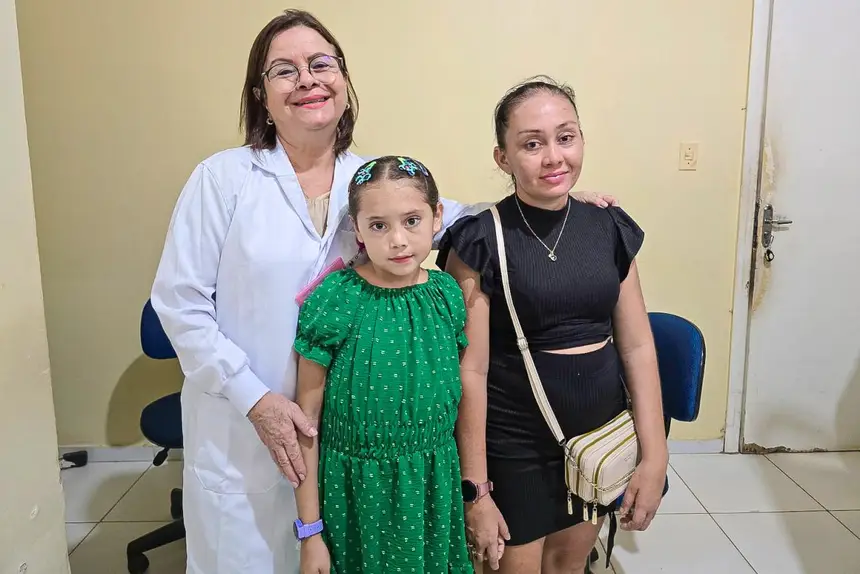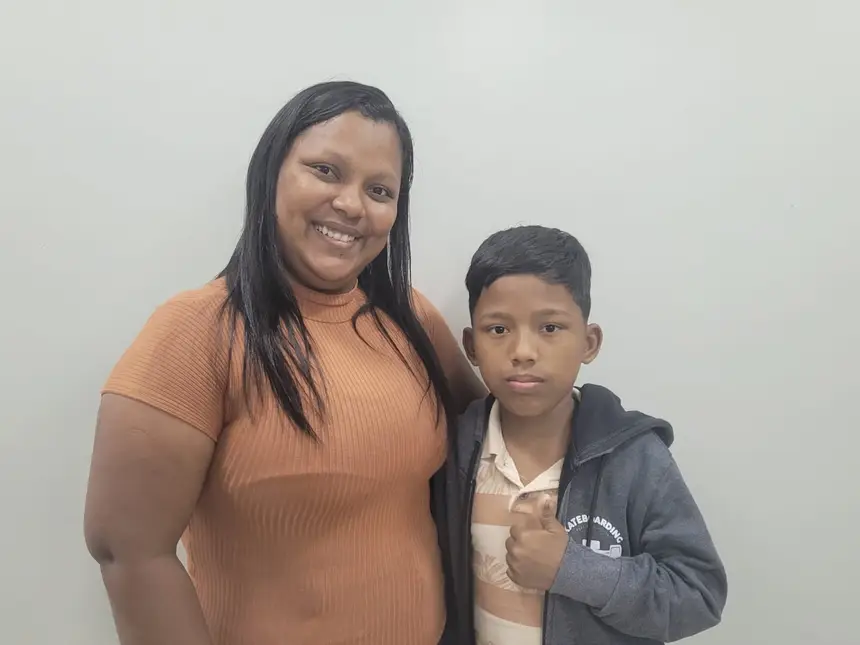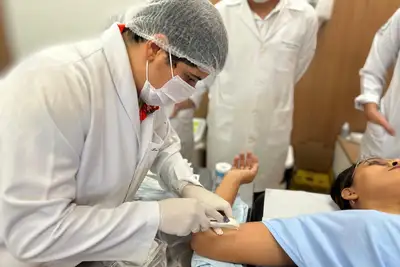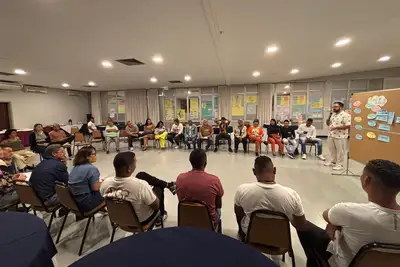International Thalassemia Day highlights the importance of treatment by Hemopa
The institution monitors more than 200 people with the disease, which depends on regular blood donation

Celebrated on May 8, International Thalassemia Day draws attention to the challenges faced by people living with this genetic blood disorder. In Pará, the Hemotherapy and Hematology Center of Pará Foundation (Hemopa) is a reference in the diagnosis, treatment, and monitoring of cases, ensuring quality of life for patients who, in many cases, depend on regular blood transfusions to survive.
Thalassemia is an inherited condition that affects the production of hemoglobin, the protein responsible for transporting oxygen in the blood. Hematologist and outpatient coordinator, Saide Maria Sarmento Trindade, currently monitors 213 patients, among the types beta major, beta intermediate, and beta minor.
“The most severe form, called beta major thalassemia, requires monthly transfusions of red blood cell concentrate. Intermediate thalassemia has a lower transfusion requirement, and beta minor allows for a normal life,” explains the doctor.
Treatment requires specialized and constant monitoring. In addition to transfusions, patients receive iron chelation medications, which help control the accumulation of the mineral in the body — a common effect after frequent transfusions. The only known cure for beta major thalassemia, so far, is a bone marrow transplant from a related donor. “There are promising research studies underway that aim to reduce the dependence on transfusions in the future,” adds the specialist.
To ensure care for these patients, regular blood donation is essential. “Transfusion keeps these people capable of studying, working, and socializing. Without it, the quality of life drops drastically,” emphasizes Saide Trindade.

Life story and resilience - Keliane de Souza Marques Carneiro is the mother of Kelvy Lourant, 13, who has been assisted by Hemopa for almost 12 years. Due to the need for intensive care, she had to leave her job and dedicate herself exclusively to her son. “I am the one who accompanies him in all stages of treatment. I usually say that God comes first in his life, and then Hemopa,” she states.
For the mother, the institution is more than a care center. “He has been monitored by Hemopa for almost 12 years; it’s like my second home. This is where he receives transfusions, and the team, from where we live, comes to donate blood for him. It’s not easy, but I embrace this cause with all my heart,” she says emotionally.
How to help - The Hemopa Foundation reinforces the appeal to the population to become regular blood donors. To donate, it is necessary to be in good health, weigh more than 50 kg, and be between 16 and 69 years old. Minors must be accompanied by a legal guardian.










